Thoughts on Fred Hopkins and Jaki Byard
It has been a particularly painful last couple of months in jazz - the world lost two great musical spirits; I lost a musical colleague/friend and my first jazz mentor.
Bassist Fred Hopkins was a true original and like the truly original instrumentalists in jazz he was blessed with a readily identifiable style and sound. But more than just the music, Fred was a warm, incredibly gregarious, open person, almost childlike in his gentleness and also mischieviousness. With Fred this vital nature of his was inseparable from his music - Fred the person and Fred the musician were one and the same.
So many memory fragments of the time I spent with Fred as his musical colleague come to mind: - how, when flying for a gig usually with one of David Murray's bands on a plane headed for Europe, Fred could someone get to know everybody on the plane by the time the 6 hour trip was over; - how Fred used to always manage to arrive a fraction of a second "late" to the bandstand, particularly at our more dramatic big band hits, so that he could make a sort of "fumbling", grander, more amusing entrance. Or how, when taking one of his patented free-wheeling, out of time, often bowed bass solos, Fred would "accidentally" brush up, with his bow, against drummer Andrew Cyrille's cymbals, and would then continue to use this as the basis for his improvisations.
And what improvisations! Often Fred, when given a chance to do an a cappella solo, could segue to a point where he'd have the bass literally lying on the ground, and he would pull it's strings almost recklessly; like Billy Bang and many other open-minded conceptualists, he could take things so "out" that almost anything conceivable became ripe tools for creative input. But also like Bang, Fred when in the right frame of mind and when called upon could play with time within a swing context in a truly original way - his sense of swing had a fullness of tone, a sense of forward momentum combined with an almost effortless carefree quality that I have never encountered in any other bass player. Part of what came of Fred being Fred was a particular unpredictability as to what he might do with an actual chart you gave him, and there are stories of him erroneously playing notated charts upside down, or playing one chart for half the piece until the leader noticed the problem while the rest of the band played another chart. Even these things you just accepted because Fred was always so fully Fred: without a doubt one of the greatest bass players in jazz, but also one of the most unforgettable characters I will likely ever meet, someone you couldn't help but love.
Jaki Byard was my first jazz teacher, and I studied with him when I did my Masters Degree in Jazz at the Manhattan School of Music, from 1989 thru May of 91. I was originally assigned to another teacher there, but before my first day when I found out Jaki had recently been added to the faculty and after doing a little research, I knew I had to work with him. Jaki's lessons were always casual, almost irreverent; sometimes we'd just sit there for the hour with the Manhattan School studio's two grand pianos and play the blues in all 12 keys the entire hour; sometimes he would reminisce about what Monk "really" was like or how Sun Ra was doing the whole "cosmic" thing quite knowingly as an "act" or how he studied with Earl Hines. But somehow the net effect was that what he really taught me was how to be truly open at the piano - in fact, what better introduction to jazz piano than from the true walking jazz piano historian himself, Jaki Byard!
And what an open mind. In his playing and teaching, he touched equally upon authentic stride (which I think in reality actually rhythmically colored almost everything he did no matter how "progressive" the context), the bebop tradition, all the way up to Cecil Taylor and perhaps beyond. And he respected other forms of music, as well: one of the first memories I have in Manhattan, when I was...
